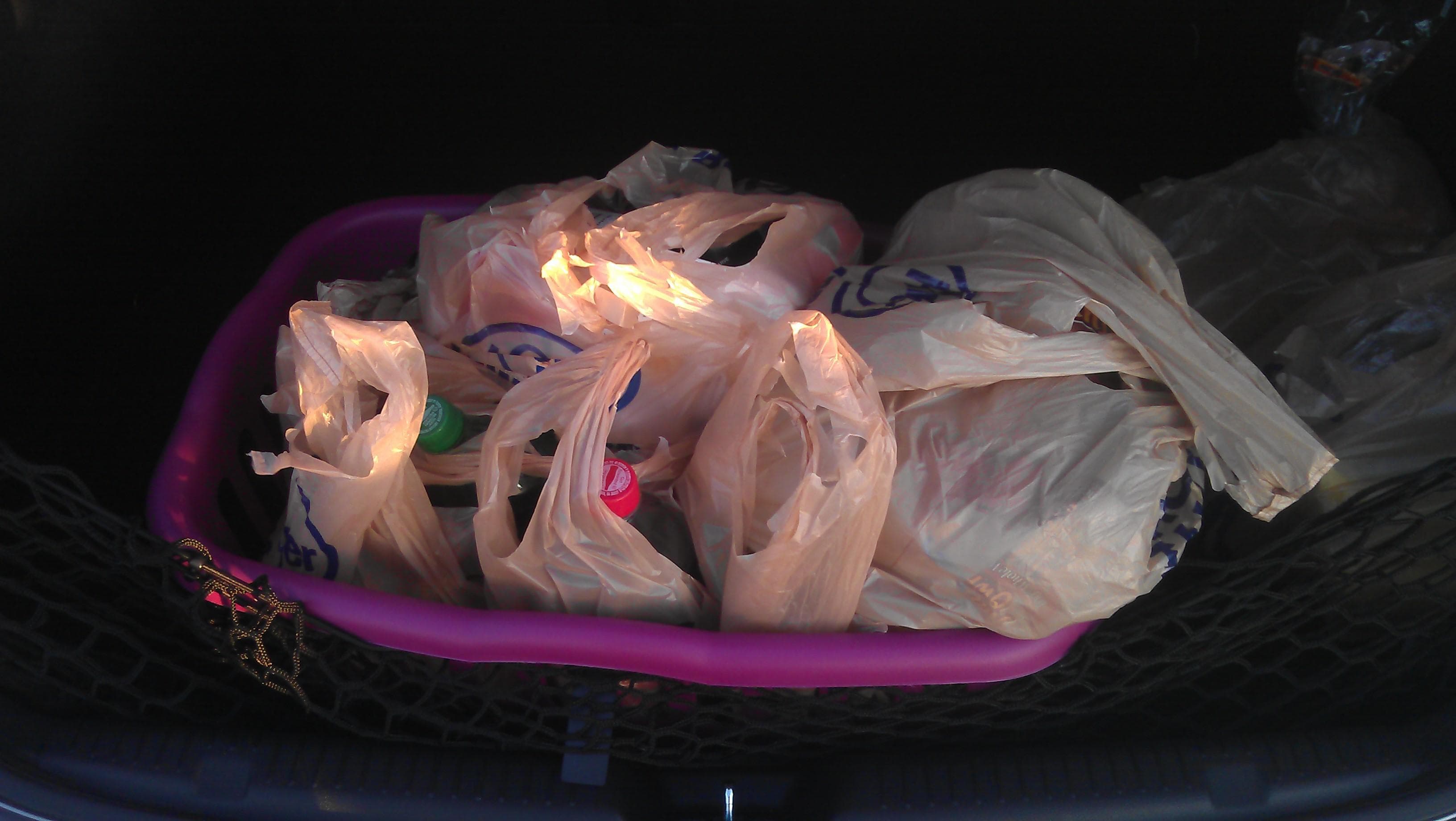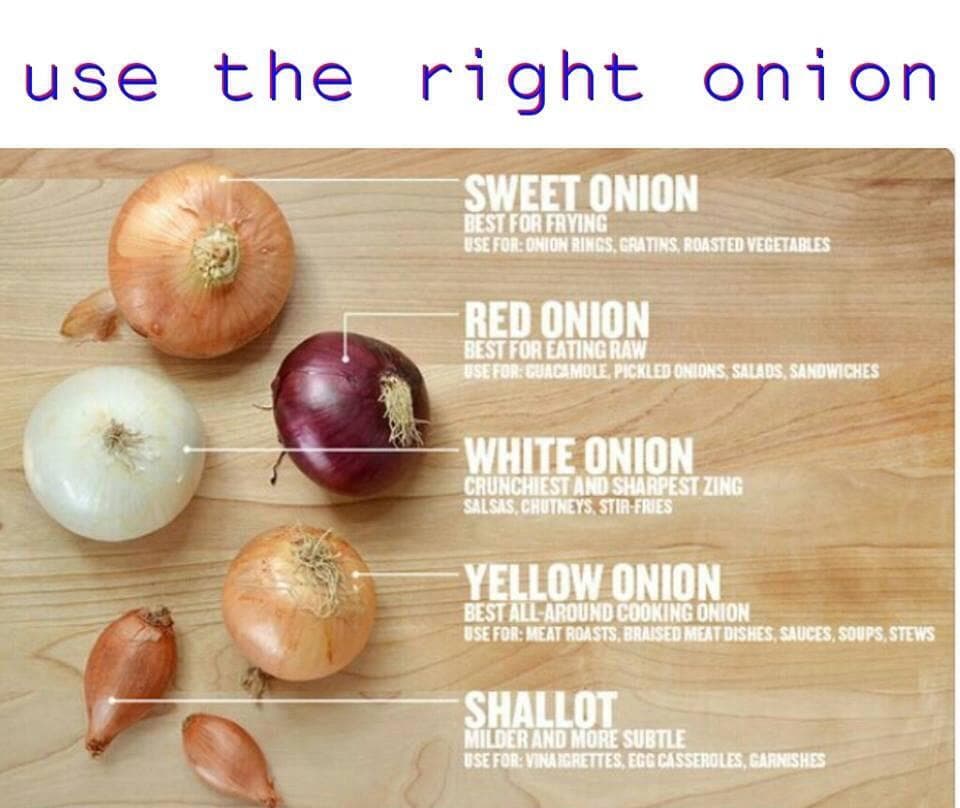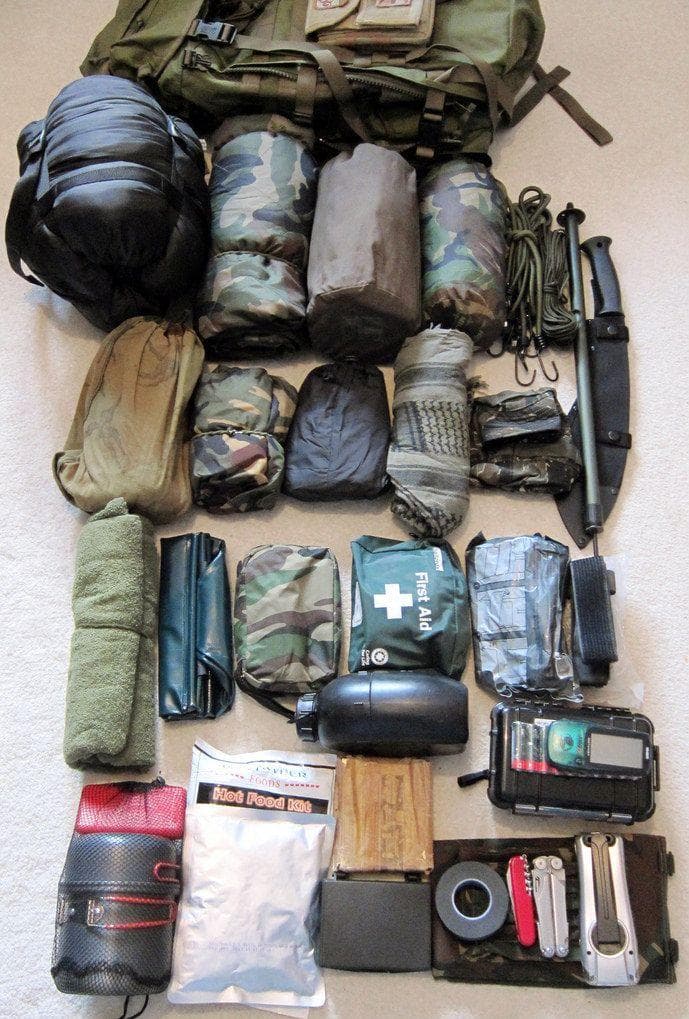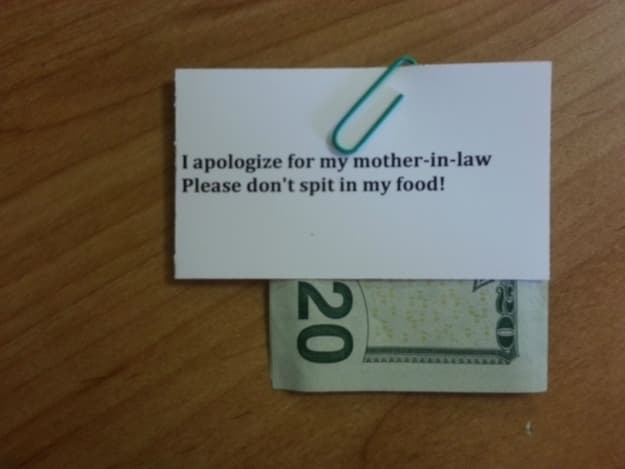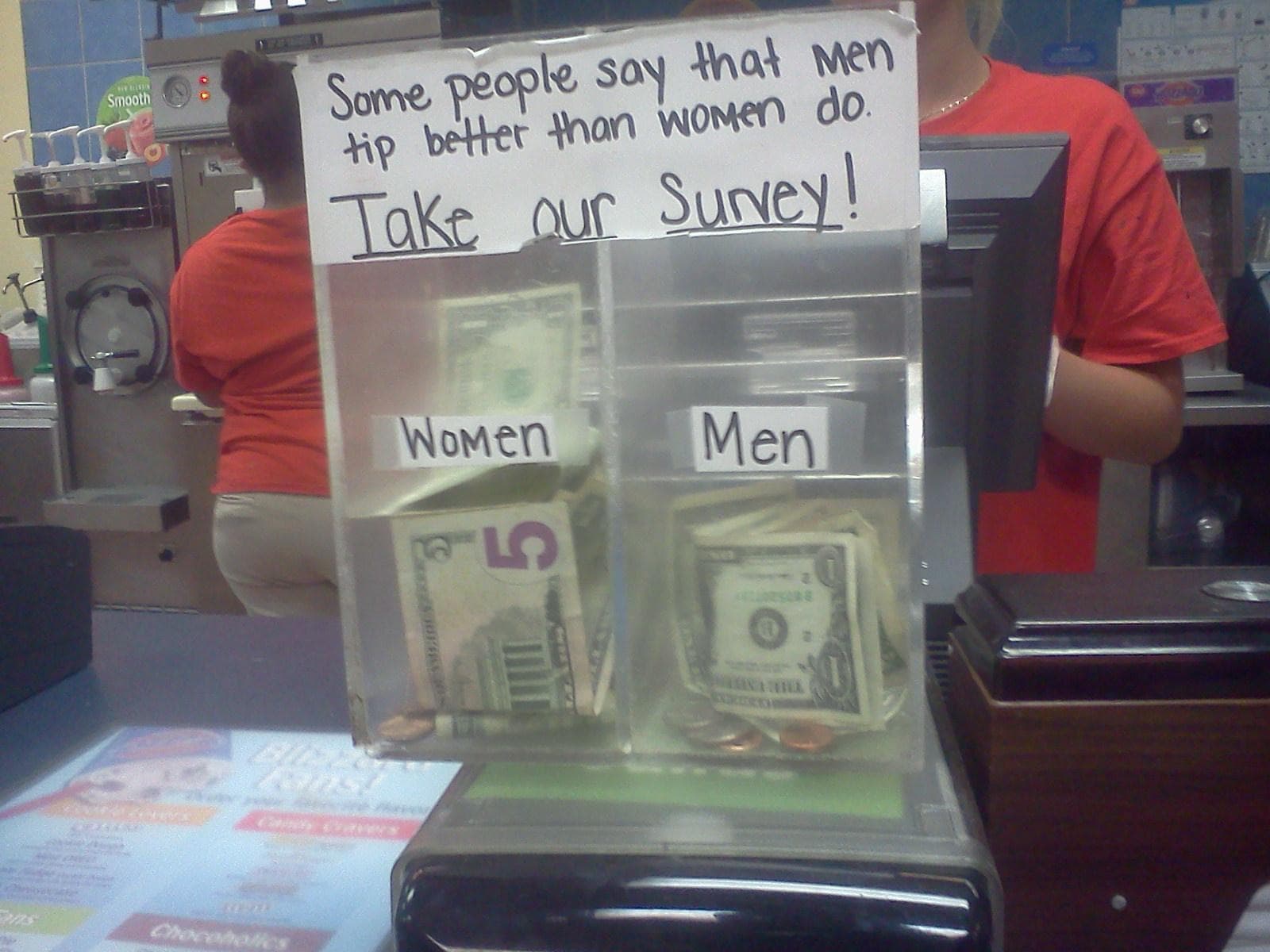-
(#1) Don’t Accept 'Free' Items From People On The Street
You know those announcements you hear in an airport telling you not to take items from other travelers? There's a good reason for that, and it's all about security. When you're out and about visiting a new place, watch for people who try to give you things. A free plush toy could have something nefarious hidden inside, and you don't want to get caught transporting anything unlawful. Politely decline freebies while traveling and you will remain safe and innocent of any legal or moral concerns.
Another concern involves accepting something that's "free," only for it to be followed by a demand for a donation. In this case, if a local makes a scene, it could be to compel you to give them money. It's also a great way to distract you while someone else picks your pocket.
-
(#2) Take Photos Of Your Ride To Avoid False Charges For Damage
Another scam involving ride hailing companies like Lyft and Uber exploits the companies' damage fee assessments. This fee protects the driver if you vomit in their back seat or tear up the upholstery. However, it's your word against the driver's as to whether or not you damaged their ride, so you need to protect yourself, as well.
As you're leaving your ride, use your phone to take a quick picture of the inside of the car, then forget about it. If the driver later insists you damaged their car, you have the proof of your innocence waiting on standby.
-
(#3) Be Suspicious Of Calls From Hotels To ‘Verify’ Your Credit Card Number
In general, you should never give private information over the phone when you receive a call. Instead, you should make the call (to a known number) and verify before you provide anything.
A popular scam involves calling hotel rooms to "confirm" or "verify" a credit card number. If this happens to you, simply inform the caller that you aren't comfortable giving the number over the phone. Let them know you will head to the front desk to do it in person.
In most cases, the scammer will hang up, but they may try to continue the scam. They'll suggest the desk is unmanned or say they want to save you the trouble. Don't fall for it. Always go to the front desk for anything related to your personal financial information.
-
(#4) If A 'Police Officer' Asks For Your Passport Or Wallet, Ask To See Their ID Or Badge
A common scam found all over the world involves people who pretend to be police officers, and this one can be intimidating. A supposed "police officer" may show up while another scammer tries to sell you drugs, or the officer may ask to see your wallet to check for counterfeit money. If the police officer demands your passport and/or wallet, it's likely a scam.
There is, of course, the possibility that the officer is the real thing, and there's an easy way to find out. Ask to see the officer's identification first. If you don't feel safe, call the police yourself and wait there until the police you called arrive. Bottom line: Don't hand over your passport or wallet to anyone.
-
(#5) Check The Existence Of Vacation Rentals On Google Street View
If you book a vacation rental and the cost seems too good to be true, there's a chance that rental doesn't exist.
Before you book in an unfamiliar place, first request the address, then head over to Google Street View to investigate.
-
(#6) Don’t Hire Travel Guides Off The Street
Arriving in a new city without a plan is never a good idea, especially when there are people waiting to take advantage of you. It might seem fun to hire the local who walks up and offers you a tour of their lovely city, but they may just take your money and leave you in an alley somewhere.
While there are certainly good people who offer tours right from the street, the bad guys have made it dangerous to trust anyone. And even if the offer is genuine, you don't know how much you could get for your money in a regulated environment.
It's best to set up a tour through your hotel or booking agent. Make sure it's a reputable company ahead of time and you'll have nothing to worry about.
-
(#7) Before You Enter A Taxi, Make Sure The Meter Is Working
Most taxi drivers are honest, hard-working people, but as with any profession, there are some folks out there who will take advantage of an out-of-towner. Before you get into a cab, check the meter to make sure it isn't already running or broken.
If the driver tells you the meter is broken and they will let you know the cost, get out immediately. It's a scam, and they will demand much more money than the ride would otherwise cost. This is a problem in cities all over the world, and travelers have been threatened by drivers that demand hundreds of dollars for a 15 minute ride.
-
(#8) Don’t Give An Uber Or Lyft Driver Cash For Tolls
Getting a ride in a foreign land can be intimidating, but there are probably options you are familiar with. Ride hailing services like Uber and Lyft exist in most countries you will visit, and if you trust those apps in your home country, it's okay to trust them elsewhere.
Most of the time, these kinds of rides offer no problems, but every now and then, you may be asked to pay cash for tolls. Don't do this anywhere. If you have to travel on bridges or roads requiring a toll, both Uber and Lyft automatically factor that into the cost. Any cash you give to your driver is money you already paid.
-
(#9) Pay With A Credit Card; Don’t Wire Money Or Use A Debit Card
When you use a credit card, the bank or credit card company keeps a record of the transaction. That's a level of protection you can't live without, especially when traveling overseas. Most companies will return fraudulent charges - but when it comes to wiring money or using a debit card? Money that's taken out of your account is hard, if not impossible, to recover.
Some banks do offer a level of protection with a debit card, but it's usually safer to use a credit card. Not only are you protected from fraud, you can also earn travel points or miles on purchases made for or during your vacation.
-
(#10) Don’t Let People Try To Help You At An ATM
ATMs are a great place to get local currency, but you may be stymied if the machine doesn't offer your preferred language. It's an unfortunate situation, but you should never ask someone to help you with the ATM, or accept help that is offered. You could luck out and find a good Samaritan, but more often than not, anyone who approaches you is planning to take your money or clone your credit card.
You wouldn't let someone handle your debit card in your home country, so practice that same level of security when you're traveling overseas. If you absolutely have to get cash and need help, it's okay to ask a police officer or go to your embassy or consulate.
-
(#11) Don’t Make An Advance Deposit Unless You Have A Written Contract
Hotel and house rental scams are only increasing with time. The American Hotels and Lodging Association reported that 55 million bookings were made on fraudulent websites in 2017, costing their victims nearly $4 billion.
The perpetrators of this scam will throw up a fake website that looks legitimate but is only designed to take your money. In these cases, the alleged landlord or booking agent will ask for a security deposit to hold the property, with the expectation that you will pay the remainder of the cost once you arrive.
Do not make a deposit without a written contract, and make sure you read that contract to confirm it's real before you pay.
-
(#12) Make Sure You Are Using An Establishment’s Official Wi-Fi Connection
One of the easiest ways a scammer can steal your information is to hack into your computer or phone when you jump onto an unsecured Wi-Fi network. Most hotels offer free Wi-Fi, but scammers can create their own network to trick travelers into logging onto theirs instead. There are ways to avoid this.
First, get the login information from the front desk when you check in. Make sure you know the SSID, or name of the network, and what you have to do to log in. If the SSID is called something like "Hotel Resort Free" and you see a similar handle like "Hote1 Resort Free," you know it's a scam. In this example, the "l" in the second "hotel" has been replaced by the number 1.
If you're not paying attention, you could accidentally log onto a network that's just waiting to take your personal information.
-
(#13) Watch Out For Con Artists Who Stage Fake Accidents To Distract You
Fake accidents are a common scam meant to distract you or demand money. In some cases, these occur when a pedestrian runs into your moving vehicle and pretends to be seriously hurt.
The alleged "victim" may demand a large sum of money or threaten punitive action. In other cases, drivers will cause an accident with their vehicle and ask for compensation at the scene. They may stage an accident nearby to draw your attention, then take your bags or pick your pockets.
-
(#14) Be Suspicious Of Travel That Must Be Paid For Immediately
There are times when paying up front can be beneficial to your travels, and there are times when it should be avoided. A reputable company that you trust? Probably okay. Some website you've never heard of, or some guy who stopped you in the grocery store? Probably not.
Do your research and, if a deposit is asked for, make sure it's covered in a written contract. Hotels and resorts almost never require payment in full before you check out, so don't fall for a scam that demands thousands of dollars up front.
-
(#15) Always Verify The Vendor When Buying Items Online
Travelers are not only duped by fake hotel rentals but also fake vacation packages. These include everything from airfare to local tours. It's possible to find great package deals from official vendors that save you tons of money, but if you're not careful, you could hand over your cash to a fraudster and get nothing in return.
Websites are easy to make, which is why it's important to only use known and reputable companies. If one of the big travel sites like Travelocity or Expedia offer a trip for much more than the unknown site you found, there's probably a reason for it. Check to make sure the company is reputable. Remember, if it looks too good to be true, it probably is.
-
(#16) Get Recommendations From Family And Friends Rather Than Just Online Reviews
It's always best to get a recommendation from someone you trust. While a website may have good ratings, there are plenty of companies that delete negative comments, knowing how effective the positive ones can be.
Whenever possible, talk to a friend or family member who has been to your destination before. If no one in your social circle has visited the area recently, you may want to do some more research. See if there are trustworthy online sources that talk honestly about where you're going.
-
(#17) Don’t Buy High Fashion Or Expensive Items From Street Vendors
If you're walking down the street and someone offers to sell you a top-dollar item for very little money, it's definitely fake. High fashion brands use specific retail outlets to peddle their wares, which means the guy who opens his coat to sell you a $25 Rolex probably isn't one of them.
Fake watches, purses, and other items are commonplace in Asia and the Middle East, but you can find fake "deals" on the street of almost any country. If you want people to think you're sporting high fashion, go ahead and buy the cheap watch - just so long as you know what you're really paying for.
New Random Displays Display All By Ranking
About This Tool
It sucks to get scammed by a stranger when you’re traveling on vacation, terrible travel experiences will destroy your day. Even after expert travelers who still get caught off guard from time to time. Although it is almost impossible to know when you will be scammed, it is important to know what types of travel scams exist and how to ensure travel safety on vacation.
As travelers, it is easy to think that we are smart enough to avoid being deceived by travel scams. But the reality is cruel. The random tool provides 17 useful tips to help tourists getting tide of scams on vacation.
Our data comes from Ranker, If you want to participate in the ranking of items displayed on this page, please click here.


